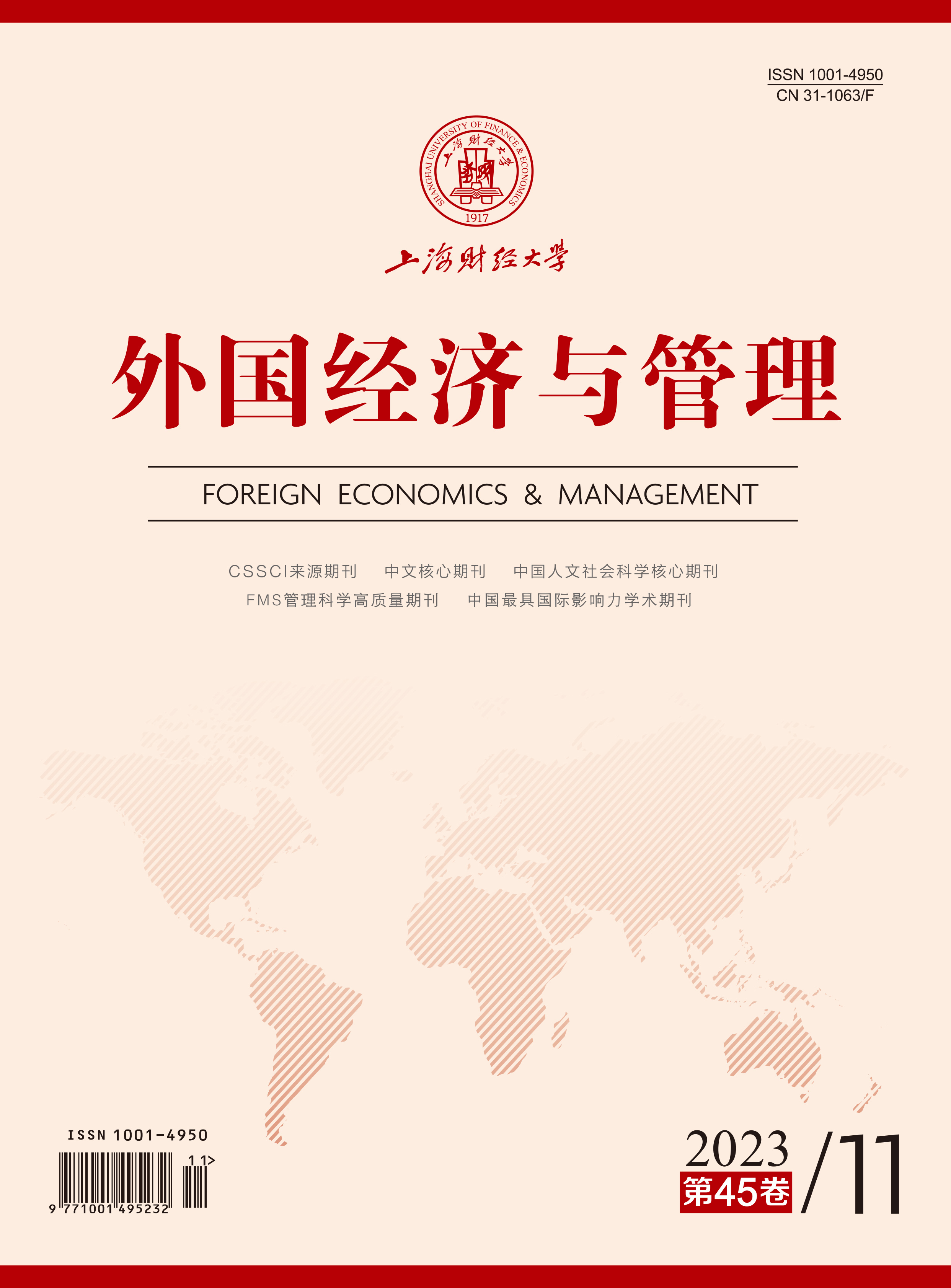Geographical relationship is an important factor in understanding the behavior of Chinese enterprises. Due to the important role of the government in resource allocation and the widespread existence of social relations in transactions, enterprises’ economic activities are highly embedded in the local market, and most stakeholders come from the local market, which makes the behavior characteristics of enterprises in the same region highly similar. Then, how do investors view this similarity, and will they use this regional information to value the stocks in the region? When investors lack the specific information of the enterprise, the information of other enterprises in the same region will be used to predict the enterprise’s behavior, leading to the information spillover effect. Information spillover provides investors with incremental information, which helps them judge the true value of other enterprises but may also lead to wrong pricing.
This paper uses major violations in the capital market to measure the use of regional information by investors with the market reaction it brings. Specifically, this paper takes the first exposure of the major violations of listed companies in various regions (cities) of China from 2001 to 2018 as an entry point. It is found that when a listed company’s violations are investigated by the CSRC for the first time in a certain region, not only the market reaction of the company being investigated for major violations is significantly negative, but also the stock return of other companies in the same region is significantly reduced. Moreover, the stock prices of the affected companies do not rebound for a long time after the event. However, there is no evidence that these companies will be more likely to violate the rules in the future.
Further evidence shows that the local institutional environment and the corporate information environment affect the regional spillover effect of corporate violations. The more imperfect the local institutional environment (lower marketization, lower social trust) or the worse the corporate information environment (higher supply chain concentration, non-Big4, less analyst following), the more serious the negative impact of the spillover effect. At the same time, the affected companies will also take active responses and organize more investor visits to minimize the additional costs caused by the spillover effect.
The enlightenment is that: First, improving the institutional environment helps to promote the sound development of enterprises and maintain the stability of local economy. Second, enterprises should be encouraged to adopt diversified information communication methods to improve enterprise information transparency. Third, the construction of a unified national market and the free flow of factor resources should be accelerated to improve the resource allocation efficiency in the capital market.





 7769
7769  5957
5957

